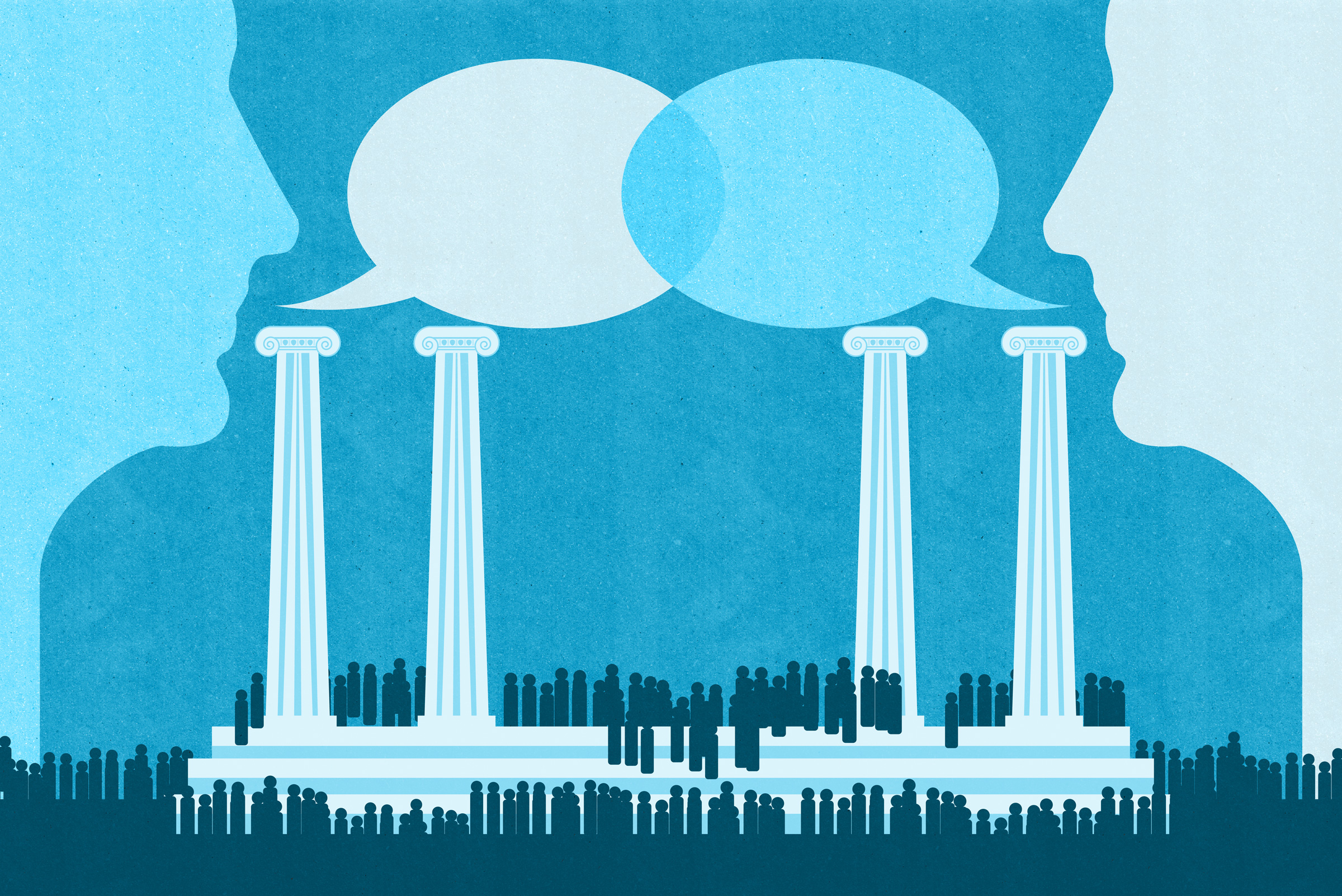On February 22, 2019, Fellows from CIFAR’s Successful Societies program participated in an invited briefing to the Government of Canada’s Deputy Minister Task Force on Diversity and Inclusiveness. In light of the Government’s commitment to support diversity, promote inclusion and build cohesive societies, the Fellows shared key findings of the program and engaged in an interactive discussion with the Task Force in order to strengthen Canada’s senior policymakers’ understanding of the drivers of persistent social inequalities. This report highlights key messages from their presentations. This was the first in a series of engagements aimed at mobilizing the collective insights of CIFAR’s Successful Societies program.
Key Insights
- Voters’ judgement of the “deservingness” of various groups in society drives the support for, or opposition to, redistributive social policies. In turn, deservingness judgement is strongly influenced by perceptions of the groups’ “membership” in society. Groups that are perceived to have less shared membership are judged to be less deserving of targeted social spending, and when these groups make claims to state resources, such claims are often seen as further proof of a lack of membership.
- Increased income inequality in society has not necessarily led to increased support for redistributive social policies, because such support depends on both a perception of inequality as well as an evaluation that such inequality is problematic. Individuals who prefer social hierarchy, or believe that the workplace is meritocratic, that society is fair and that there is merit-based social mobility tend not to support redistributive policies. In fact, their support further decreases if they have a desire for a meritocratic society, whereas people who think that social mobility is broken exhibit higher support for such policies if they also desire a meritocratic society.
- Our sense of self comes in part from the groups of which we are a member, and we are very motivated to protect such group identity. While there tends to be societal agreement about the horrors of past injustices, there is disagreement about their relevance to present day inequities. Rather than eliciting empathy and support for redress, facing such historical injustices could instead trigger a sense of threat to one’s social identity and thus a defensive response – blaming the victims, denying the damage, or relegating the injustice to the distant past. However, giving people a way to maintain social identity and self worth, for example by emphasizing shared values with the group that was subject to injustice, may lead to greater support for restitutive or anti-discriminatory policies.
- An “add and stir” approach to inclusion and equality – e.g., by inserting Indigenous peoples into natural resources activities – privileges the beliefs and assumptions of one group (European settlers) as universal norms, ignoring potentially irreconcilable worldviews about human’s relationship with land and non-human creatures.
Briefing Presenters
Further Reading
Theorizing the Power of Citizenship as Claims-making (research brief)
2018 David Dodge Lecture: Boundaries of Inclusion (event brief)
New Models for Thriving (event brief)
Inequality as a Multidimensional Process (special issue of Daedalus collecting insights from across the Successful Societies program)
For more information, contact Amy Cook, Senior Director, Knowledge Mobilization
